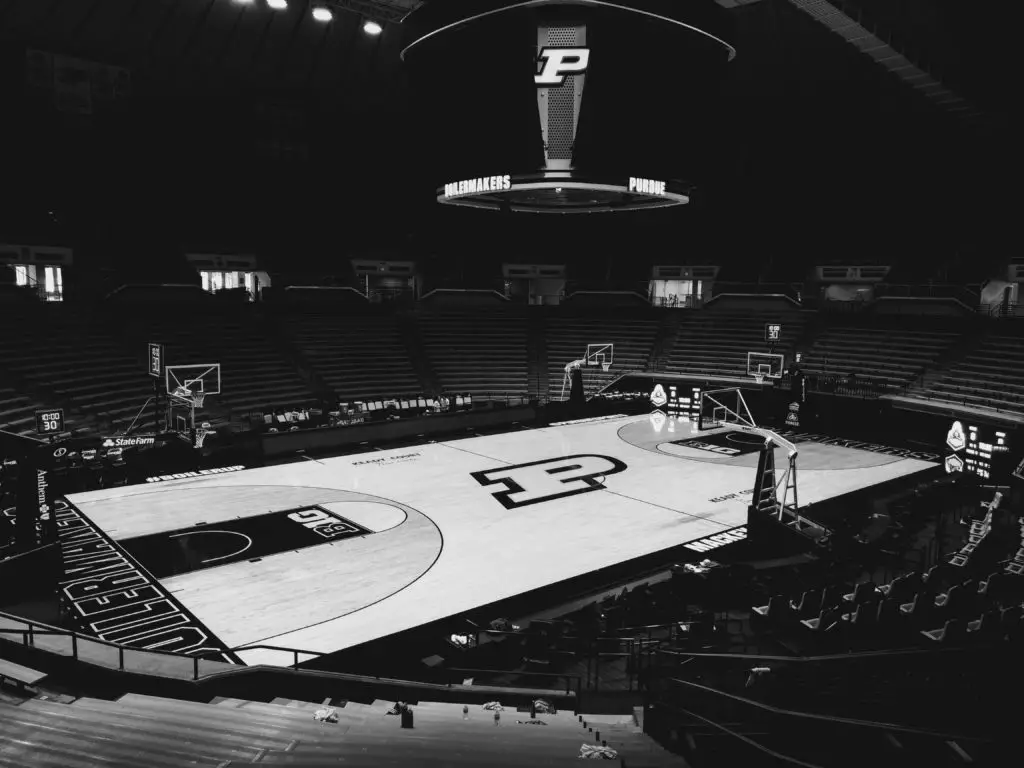To know Why Did the University of Chicago Leave the Big Ten….Read on this article….!

Among individuals and social systems such as groups, institutions, and social networks, change remains a factor as inevitable as death. People have still wondered why at such a crucial moment in the history of college football in the United States, the University of Chicago leave the Big Ten. Let’s delve into what could have possibly influenced this untimely decision.
Significance of the Big Ten to the Future of Athletics in the United States
According to external sources, the Big Ten Conference was the oldest collegiate athletic conference in the United States. The conference for many decades consisted of ten universities until 1946 when the University of Chicago leave , making it nine, and presently, it has 14 members and two affiliate institutions.
One major significance of the Big Ten member institutions, which consisted of major research universities with large financial endowments and strong academic reputations, was the provision of funding opportunities for students with academic excellence and athletic prowess. It was a strong move to create unity in diversity firstly among colleges and universities and also to help integrate athletics in the academic pursuits of students for overall excellence and service to the respective nations.
What Influenced the Decision to Leave the Big Ten?
Several years after the establishment of the University of Chicago, then came the athletic wing, which was known as the Chicago Maroons football, which represented the University’s college football. During that period, the National Collegiate Athletic Association (NCAA) Division III (D-III) had gained popularity in running the major athletic programs at colleges and universities across the United States. This appeared to be a great opportunity for students to blend their academic work with their athletic careers for maximum growth and development. Following the establishment of the Big Ten Conference, with the University of Chicago as one of its founding members, it was quite clear the desire for scalability and excellence in academic and athletic prospects of the school was going to be a reality indeed.
However, the dream was short-lived because the university president at the time, Robert Maynard Hutchins, made a resolution that full-time involvement in college football and the University’s commitment to academics were not compatible. Thus, the desire of the president to maintain the University’s high-level profile in academic excellence across the country drove me to make that decision.
Possibly, their conference matchups also made it impossible for them to obtain a lot of victories. Other schools of thought have indicated that his negative opinion about big-time college football’s excesses and its associated problems also played a vital role in its abolishment.. According to The Ringer, Maroons head coach Chris Wilkerson, who took over in 2013 after spending eight years on Dartmouth’s staff, emphasised that the University’s program for student-athletes on campus epitomised what NCAA student-athletes were supposed to be “They are students first, and they are athletes second. This was quite profound for the national community. But what if these student-athletes were all brilliant students? Would they have still continued with certain decisions? Another concern has to do with the decision by Robert Maynard. Were there objections raised by his team to his decision?
Next steps
In 1973, the University of Chicago began competing in the championships, but their efforts couldn’t match up to the desired expectations comparable to their successes of the past. According to the U.S and World Report news, the University of Chicago is the 6th ranking best college in the National Universities category in the United States, their academics have something to do with it. But it is debatable whether leaving the Big Ten is the sole contributor to this achievement.
Conclusion
In conclusion, the University of Chicago went through its season of reorientation and academic make-over as far as the advancement of the University’s vision for consistent advancement in knowledge for national development and integration was concerned. It is believed that it is rather necessary for students, institutions, and groups to prepare adequately for change as a tool for building positive resilience and open-mindedness for personal and organisational excellence.
Frequently Asked Questions
1) What has been the major consequence of leaving the Big Ten?
The major consequence of the University of Chicago’s decision was that they missed out on the benefits enjoyed by member institutions of the conference, such as awarding scholarships to students. You can also talk about the decrease in full-time athletic involvement of the University.
2) Why was it a big deal for member institutions to accept the decision to opt out?
It was because the University of Chicago was a founding member of the Big Ten Conference, and it played a vital role in its development and overall acceptance by the students across the country.
3) Are scholarships being offered to students whose institutions are part of the Big Ten Conference or DIII?
No. After the University of Chicago realised its status as a UCCA Division III institution, it left the Big Ten, a big blow to the member institutions, which also meant they were going to be side-lined from enjoying any other benefits. In the United States, D-III schools are not permitted to offer athletic scholarships, so there are no scholarship opportunities for them which makes the payment of their tuition fees a burden.
4) Can a student still pursue a career in athletics whilst schooling at the University of Chicago?
Yes. The University has no restrictions whatsoever on students who want to pursue an athletic career. However, there is a body of knowledge governing the operations on the campus. And it is expected of the student to work with this rule of operation with respect to his or her academic work. The rule simply states that you are a student first before an athlete.
